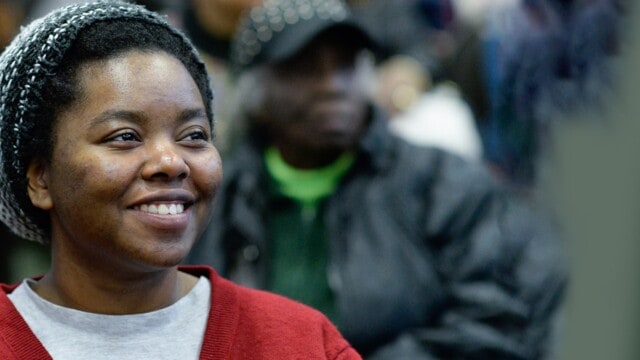The Metropolitan Chicago Breast Cancer Task Force (now Equal Hope) was established in 2008 in response to disturbing research by the Sinai Urban Health Institute (Whitman et al 2012), which showed Chicago’s African American women were dying at a significantly higher rate from breast cancer compared to their White counterparts.
Other major cities such as New York City and San Francisco did not have this level of disparity and Chicago itself had no such disparity in 1980 (Polite, Gluck, Brawley, 2019). This suggests that Chicago has specific challenges driving up this health inequity and that it is possible, to decrease or eliminate such disparities, as has been accomplished over the last decade.
From 2005–2007, immediately prior to the Task Force’s inception, Chicago had one of the nation’s highest breast cancer mortality disparities with African American women 62% more likely to die from breast cancer compared to White women in Chicago even though they were diagnosed less often. After a decade of work, an Equal Hope paper (Sighoko et al 2017) shows Chicago is now number 1 in the nation in reducing breast cancer deaths for African American women. The 62% death gap has been lowered to 39% and African American deaths are down 14%.
Over the years, Equal Hope has received the following awards:
- C2 Catalyst for Equity Award – 2021
- Chicago Foundation for Women Impact Award – 2014
- City of Chicago’s First Healthy Chicago Award for Cancer Disparities Reduction – 2014
- EverThrive Loretta Lacey Research Award – 2017
- Hearst Population Health Honorable Mention – 2017
- White House Champion of Change in the Fight Against Breast Cancer – 2011
Equal Hope was also asked to do a 10 city tour with Susan G. Komen to present the Equal Hope model. More recently, Dr. Otis Brawley wrote an article with Dr. Blasé Polite and Dr. Adam Gluck highlighting 3 examples of successful health disparities reductions. One of the examples chosen was that of the Metropolitan Chicago Breast Cancer Task Force (now Equal Hope). As the authors conclude their article by saying of health inequities as seen by Equal Hope’s success:
What should no longer be tolerated is the misguided belief that the problem is too difficult to solve, cannot be solved, or that it is due to the affected person’s genes or inaction.
